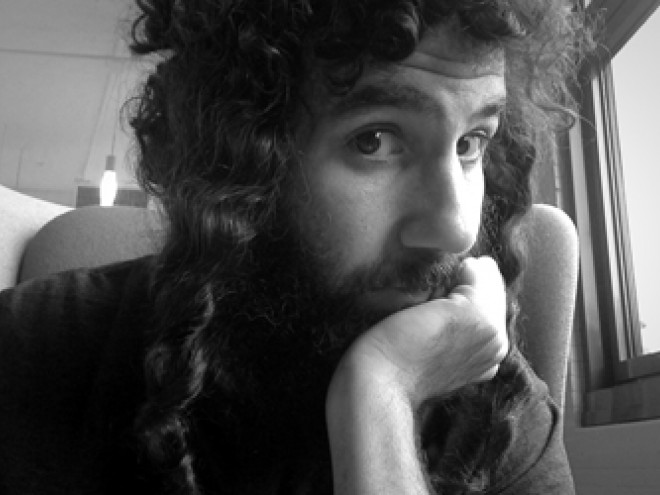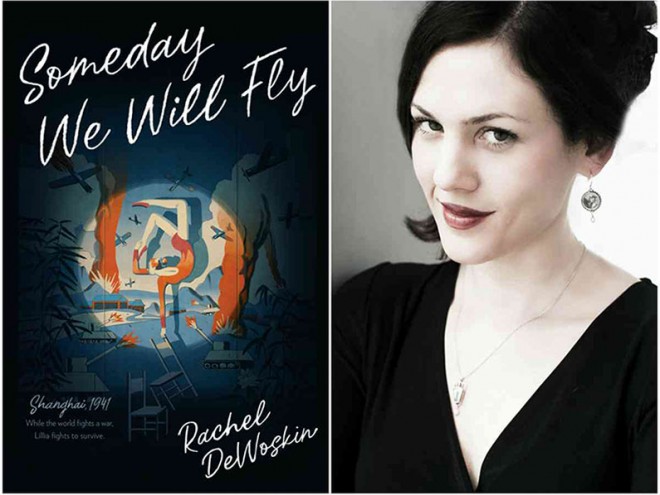Ariel Samson: Freelance Rabbi is a hilarious and thought-provoking novel that draws us into the world of a Black Orthodox rabbi in his late twenties living in Brooklyn. Ariel Samson accidentally becomes an internet TV personality, revitalizes a local shul — which is then burned down in an attempt on his life — publicly chastises a local politician for wearing blackface for Purim, and — in his spare time — tries to find his bashert.
Described as a semi-autobiographical story by the aptly named author, MaNishtana, the wildly original narrative and authorial voice illuminates the world of American Jews of color, a group that has recently received attention, but otherwise was long invisible to others. Imagine A Confederacy of Dunces set in modern Brooklyn with New York hipsters and a hostile rabbinic establishment, and you’ve almost got it. But not quite.
The author’s self-reflective voice makes this novel work. Sometimes simply funny and, more often than not, wise-cracking to the reader, MaNishtana paints intense pictures of the lives of different Black Jews, such as one woman can never forget her race:
Because when she [did], someone at a kiddish handed their dirty plates to her because she was the help, obviously. Because she and her husband got stared down when they walked into Judaica shops. Because when entering a new synagogue people asked her what country she was from just because she wasn’t white, and assumed she was Ethiopian solely because she was simply black. Because someone literally called her “exotic” as a compliment.
White Jews could forget that they’re white, but she wasn’t ever allowed to forget that she wasn’t.
Or this dinner-table conversation:
So, Ariel, where are you from?
Brooklyn.
No, I mean, like your background.
Oh, that! Well my background is mostly in English and Secondary education.
But you’re like a convert, right?
No. No, I’m not.
Wow. Born Jewish? Amazing! From Ethiopia, yeah??
No —
I love Ethiopian Jews. Every time I see one it’s just so cool.
But Ariel Samson is not a polemic. At one point, Ariel imagines his father’s reaction to his bris: “That unbreakable cord piercing through time, browner than anyone thought it has the right to be, all obeying that primordial Jewish commandment.” Amid the humor, profound moments like these highlight Jewish values, knowledge, and understanding. You’ll find yourself thinking about them long after you’ve stopped laughing and put the book down.





